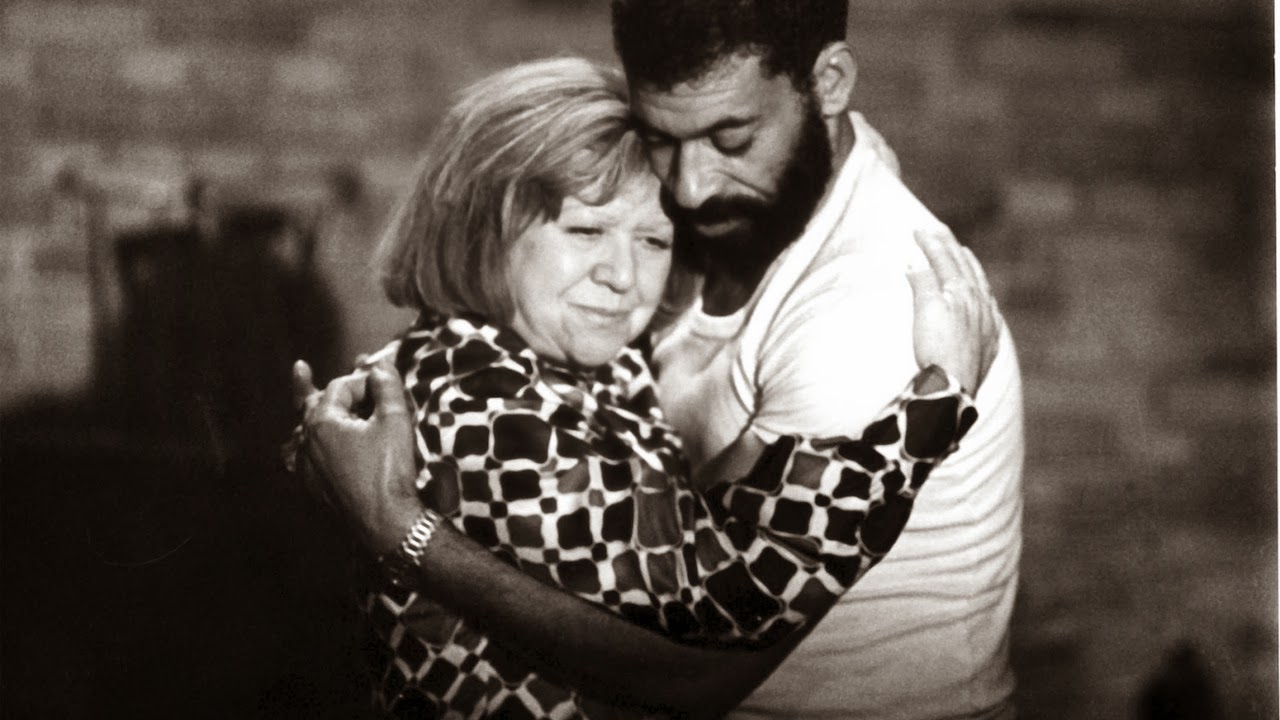Diversity doesn’t make racism magically disappearPosted in Articles, Brazil, Caribbean/Latin America, Census/Demographics, Media Archive, Social Science, United States on 2017-04-02 15:52Z by Steven |
Diversity doesn’t make racism magically disappear
The Guardian
2017-04-01
Daniel José Camacho
Duke Divinity School
 ‘Consider Brazil. There, white people are a minority – but are still dominant.’ Photograph: Brazil Photos/LightRocket via Getty Images |
Some hope that changing demographics make us destined to be post-racial. It isn’t so simple
We can’t screw our way beyond racism. Many think mixed-race babies and browner demographics will automatically usher in a post-racial world. They interpret the projections of a “majority-minority” shift in our nation – now set to take place in 2044 – as a sign of guaranteed progress. Changing faces in the US are seen as anti-racist destiny. But don’t overestimate the power of this post-racial cocktail.
Jordan Peele’s brilliant film Get Out reminds me of the importance of questioning overly optimistic narratives of racial progress. Made by someone who has been open about being biracial and married to a white women, this film creatively uses the genre of horror to depict the persistence of racism through a story about an interracial couple. In many ways, it can be seen as a strident critique of a liberal brand of racism that has blossomed in the post-Obama era…
…If more mixed people guarantee greater tolerance, then Brazil – and most of Latin America – should be a racial paradise. Although a great degree of ‘mestizaje’ or racial mixing has taken place since the time of conquest, Indigenous and Afro-descendent people in Latin America remain disproportionately poor, discriminated against, and locked out from opportunity.
Sociologist Eduardo Bonilla-Silva, in his book Racism without Racists, has speculated whether the racial order in the US might eventually resemble that of Latin American and Caribbean nations. In this case, white supremacy and racial stratification will continue to operate in the US even as it becomes a “majority-minority” nation…
Read the entire article here.








